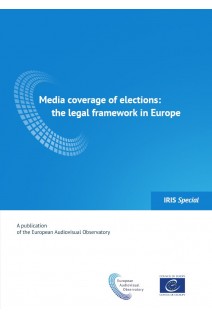
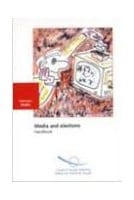


In times of elections and referenda, the media zoom in on the candidates, analysing their every word, move and minute gesture. In today’s 24/7 digital universe, the mass media have an unprecedented power to pick apart, comment and scrutinise our future leaders as never before. But who is making sure that coverage is equitable, professional, and complying with some minimum standards of “decent” journalism? Who makes these rules? Following France’s elections and just two months before Germany goes to the polls the European Audiovisual Observatory, part of the Council of Europe in Strasbourg, has just released a new in-depth report: “Media coverage of elections: the legal framework in Europe”.
Produced in collaboration with Amsterdam’s Institute of Information Law (IViR), this new report offers a roadmap to overarching European media law in times of coverage of elections, before zooming in on individual countries as case-studies. A final chapter teases out the trends from these individual examples in order to offer some pertinent conclusions.
1. Introduction
1.1. Media and elections in selected Council of Europe member states
1.2. Broadcast media and elections
1.3. Print media and elections
1.4. Online media and elections
1.5. Conclusion
2. European law on media and elections
2.1. Introduction
2.1.1. Article 3 of Protocol No. 1 of the ECHR
2.2. Broadcast media and elections
2.2.1. Election-time reporting restrictions
2.2.2. Candidate interviews
2.2.3. Televised election debates
2.2.4. Unequal media coverage of elections
2.2.5. Access to election broadcasts
2.2.6. Political advertising
2.3. Print media and elections
2.3.1. Electoral-law restrictions on print media
2.3.2. Election-time injunctions against print media
2.3.3. Defamation and privacy proceedings during elections
2.4. Online media and elections
2.4.1. Liability for reporting allegations against candidates
2.4.2. Online news media's liability for reader comments
2.5. Conclusion
3. European standards and policy on media and elections
3.1. Introduction
3.2. Council of Europe
3.2.1. Recommendation (1999) on media coverage of election campaigns
3.2.2. Recommendation (2007) on media coverage of election campaigns
3.2.3. Resolution (2017) on online media and journalism
3.2.4. Venice Commission
3.3. European Platform of Regulatory Authorities
3.4. Organization for Security and Co-operation in Europe
3.5. Conclusion
4. DE – Germany
5. ES – Spain
6. FR – France
7. GB - United Kingdom
8. IE – Ireland
9. IT – Italy
10. NL – Netherlands
11. PL – Poland
12. RU – Russia
13. Country report summary
13.1. Introduction
13.2. Regulation of broadcast media during elections and referenda
13.2.1. General rules on electoral coverage
13.2.2. Political advertising
13.2.3. Silence periods
13.2.4. Opinion polls and exit polls
13.3. Regulation of print media during elections and referenda
13.3.1. Silence periods
13.3.2. Opinion polls and exit polls
13.3.3. Political advertising
13.3.4. “False information”
13.4. Regulation of online media during elections and referenda
13.4.1. Silence periods
13.4.2. Opinion polls and exit polls
13.4.3. Political advertising
13.4.4. Political communication and data protection
13.4.5. “False information”
14. Conclusion

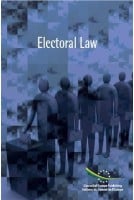
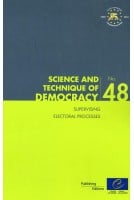
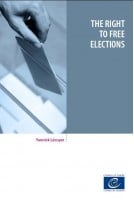
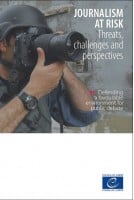
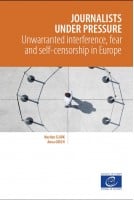







In times of elections and referenda, the media zoom in on the candidates, analysing their every word, move and minute gesture. In today’s 24/7 digital universe, the mass media have an unprecedented power to pick apart, comment and scrutinise our future leaders as never before. But who is making sure that coverage is equitable, professional, and complying with some minimum standards of “decent” journalism? Who makes these rules? Following France’s elections and just two months before Germany goes to the polls the European Audiovisual Observatory, part of the Council of Europe in Strasbourg, has just released a new in-depth report: “Media coverage of elections: the legal framework in Europe”.
Produced in collaboration with Amsterdam’s Institute of Information Law (IViR), this new report offers a roadmap to overarching European media law in times of coverage of elections, before zooming in on individual countries as case-studies. A final chapter teases out the trends from these individual examples in order to offer some pertinent conclusions.
Please note that in accordance with our terms & conditions, PDF/epubs may only be purchased by private individuals.
